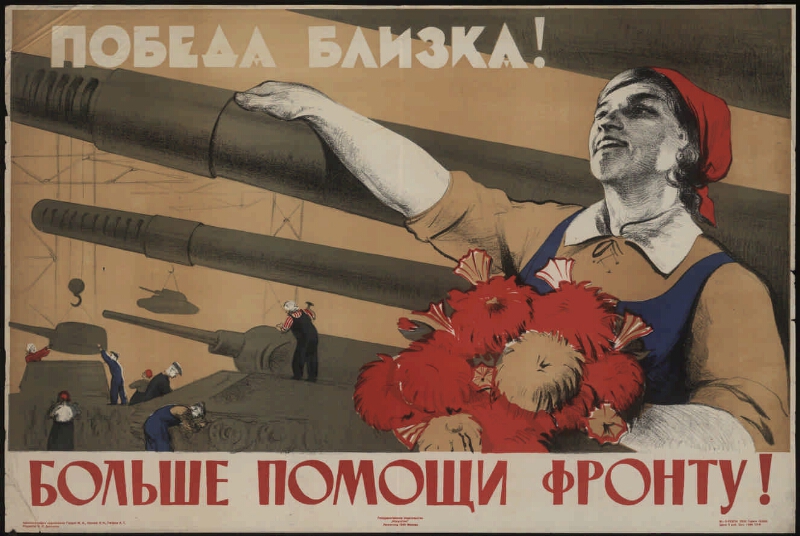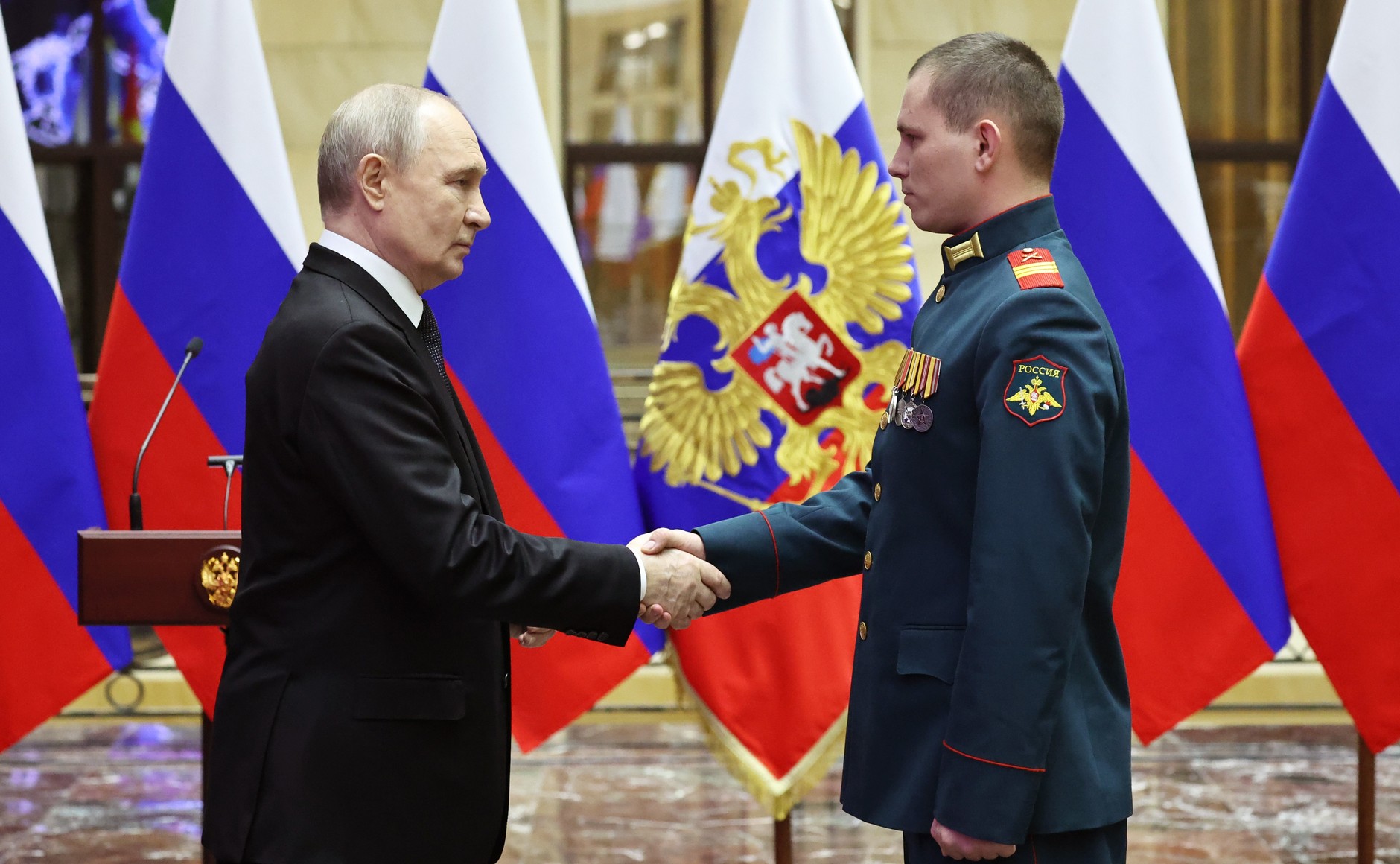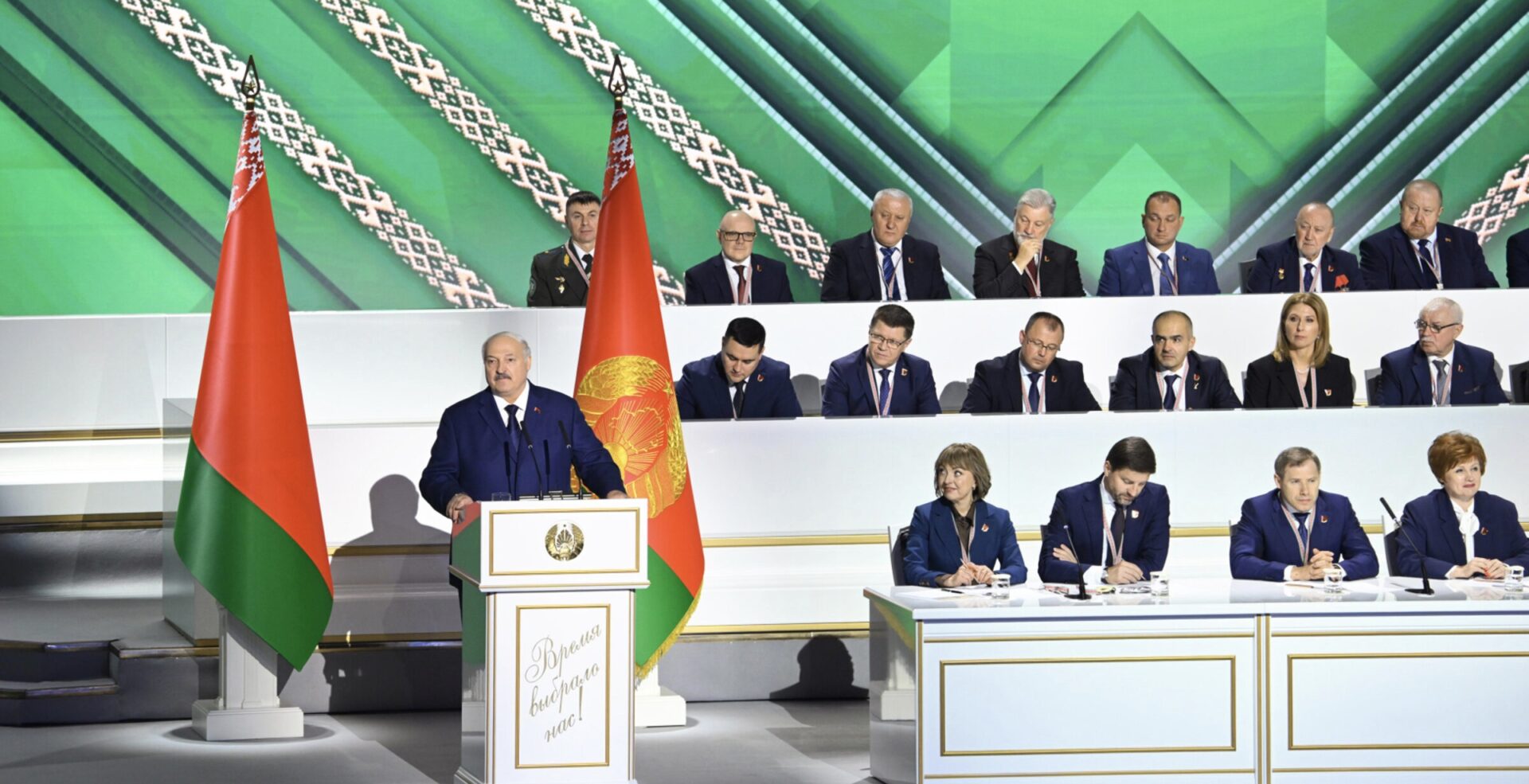
Kremlin Creates Illusion of Imaginary Victories While Unable to Solve Real Problems (Part Two)
Kremlin Creates Illusion of Imaginary Victories While Unable to Solve Real Problems (Part Two)
Executive Summary:
- Economic decline and growing security threats limit the effectiveness of Kremlin propagandists’ claims of a “bright future” for a “new Russia.”
- Moscow has been unable to adequately provide for public security, as Ukraine strikes Russian territory with increased frequency and returning veterans of the war commit violent crimes in higher numbers.
- The continued degradation of the Russian economy may soon diverge with the Kremlin’s rosy outlook and could cause widespread popular discontent.
On January 4, Andrey Bezrukov, former Russian intelligence officer and current propagandist, spoke on Russian podcast “Geopolitburo” promoting the message that Russia has always carried out a mission of “peace and a civilization.” For the first time in many years, Russian propaganda has begun to appeal to the image of a desired future—that is, a “new Russia” and its role in the changing world (YouTube.ru, January 4). The image is extremely vague, and the orientation toward the ideals of a “bright future” is fraught with new threats for the Kremlin. On the one hand, rhetoric about moving toward a cherished goal can inspire the Russian population in the short term. On the other hand, the contradictions between the image conjured by propaganda and reality are becoming more obvious by the day and may threaten public discontent to spread and intensify (see Part One).
The most serious contradiction is the inability of Russian officials to ensure the population’s basic security during a time of war. For example, on New Year’s Eve, Ukraine bombed the Russian border city of Belgorod, resulting in hundreds of casualties (BBC News Russian, December 30, 2023). According to independent journalists, it is the war increasingly coming home resulting in attacks on Russian cities that causes the most concern among Russians (see EDM, December 21, 2023).
Last year, the Kremlin struggled to answer the population’s growing fears and anxieties about the war in Ukraine. At the beginning of 2023, the penetration of Ukrainian sabotage groups into Russian territory and increased drone strikes caused major anxiety among the Russian people. In mid-2023, the most alarming event was former Wagner Group leader Yevgeny Prigozhin’s aborted rebellion, followed by fears of the impending Ukrainian counteroffensive. The top cause of anxiety of the third quarter of 2023 was the proliferation of Ukrainian drone attacks. And the end of the year was marked by growing concerns over a possible new wave of mass mobilization (Novaya Gazeta Europe, January 3). The increased round-up of migrants and prisoners has further aggravated the fear of more being sent to the front (Novaya Gazeta Europe, January 2).
The crimes of former prisoners returning from the front are another threat to Russian security (see EDM, January 19). The number of mobilized former prisoners returning to Russia is on the rise, leading to a massive uptick in violent crimes. Independent journalists note that not all veterans return to prison after repeated violations, as the courts frequently hand down unjustifiably lenient sentences (Verstka, December 25, 2023). A particularly illustrative case is 25-year-old Admam Shcherbakov’s murder of the father of the head of the press service of the Russian Orthodox Church, Vladimir Legoyda. Shcherbakov had been previously convicted numerous times and was not supposed to be released until 2025, but he was pardoned after completing his military service in Ukraine (Svoboda, December 30, 2023).
The Russian people’s growing anxiety does not mean an increase in sentiments of protest. On the contrary, a certain level of fear can cause a reverse reaction, paralyzing the will of the people and exacerbating their need to find at least some kind of support and “ground under their feet.” For now, this seems to predominantly come with soceity’s consolidation around the Kremlin. As political observers rightly note, however, Russian society tends to tire of war if it sees no prospects for improvement or it frequently disrupts their everyday lives (YouTube.ru, January 3).
Propagandists proudly report that the Russian economy has moved to a war footing that will make it increasingly resilient. Kremlin propaganda increasingly characterizes the “building of a new country and a new world” and the creation of a new “mobilization economy” as the foundations for Russia’s bright future, which will ensure tremendous economic growth (Tsargrad.tv, October 17, 2022). In contrast, some experts assert that Russia’s economic problems will only worsen. According to propagandists, the “Russian military-industrial complex has significantly expanded its capabilities and is fully supplying the army with all necessary weapons” (Vz.ru, December 21, 2023). Massive investments have indeed been allocated to Russia’s defense industry, but that has not helped falling production rates and shortages of technical expertise (see EDM, October 31, December 4, 2023; January 16). Reports from as early as the summer of 2022 indicate that Rostec enterprises have been forces to adopt multi-shift work schedules and forgo any vacations to fulfill state defense orders (TASS, August 24, 2023).
In September 2022, Russian President Vladimir Putin signed a law imposing a 10-year prison sentence for violating the terms of state defense orders (RBC, September 24, 2022). A month later, he established a Coordination Council within the government to address the army’s needs (Interfax, October 21, 2022). Since November 2022, defense procurements have been allowed to take place in a simplified manner, bypassing competitive bidding (Novaya Gazeta Europa, February 17, 2023).
The problems with Russian defense production are also evident in the increased purchases of essential raw materials. Independent journalists report that, since the start of the full-scale invasion of Ukraine, shipments of cotton cellulose to Russia, necessary for gunpowder production, have surged. Cotton cellulose is primarily imported from Kazakhstan and Uzbekistan, allowing Russia to circumvent Western sanctions. In 2021, these countries supplied Russia with cotton cellulose worth almost $4 million; in 2022, that figure rose to nearly $10 million. Many sanctioned enterprises are listed among the clients of Uzbek and Kazakh manufacturers, and some contracts directly stipulate that the supply of cotton cellulose is part of a state defense order (Istories.media, December 21, 2023).
Some independent sources note that the increase in defense orders partially helped prevent a significant decline in production in Russia in 2022 (Novaya Gazeta Europe, December 28, 2022). Propagandists openly state that the war and the associated growth in defense production have led to the redistribution of funding to the poorest regions of Russia, resulting in a sharp increase in the well-being of the previously underprivileged population. They proclaim, “Money is flowing into the regions” (YouTube.ru, December 4, 2023). Western experts also acknowledge that increased investment in the military-industrial complex has somewhat stimulated the Russian economy.
In the long run, however, this stimulation is seen as a “delayed-action bomb” for the Russian economy. Specialists note that reduced investments in schools and education will decrease productivity and that a lack of investment in the healthcare system will worsen the already dire demographic situation. These consequences will become most pronounced when military expenditures decline (Reuters, October 24, 2023).
Russian economist Sergei Aleksashenko believes that Russia will also face a severe shortage of personnel for civilian enterprises. This will come as a consequence of mobilization efforts and defense production facilities “attracting” the highest qualified specialists from the civilian sector (Svoboda, March 9, 2023). Even media loyal to the Kremlin note that Russia already faces personnel shortages in several key industries (Expert.ru, December 30, 2023). As a result, it will become increasingly difficult to level out economic problems using traditional market mechanisms.
The Russian economy looks to further unravel so long as the war in Ukraine continues. Igor Lipsits, one of the founders of Moscow’s Higher School of Economics, believes that market mechanisms in today’s Russia are rapidly diminishing, leading to a return to the early 1990s without the prospect of much economic growth (YouTube.ru, December 22, 2023). Increasing government intervention in the economy leads to the failure of natural market mechanisms, and “manual” management of economic processes will fail sooner or later (Re: Russia, December 28, 2023). The longer these trends prevail in Russia, the less credence will be afforded to propaganda slogans about a “bright future.”


